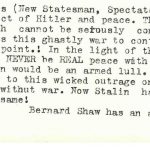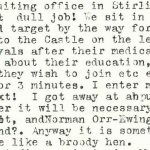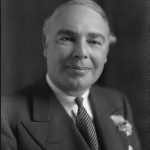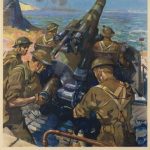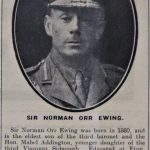“No sane person wishes this ghastly war to continue one second longer but that isnt the point! In the light of the past few years most people see that there will NEVER be REAL peace with Hitler ruling Germany”. Graham opens his entry discussing the optimism that seems to have been generated amongst articles and letters in the national newspapers after Hitler’s latest claims of wanting, and having brought peace to Europe; and his opposition to these idealistic views.
Graham then goes on to describe the recruitment process that he is playing a part in, an experience which echoed those across the country. There were identified to be significant problems with the recruitment to the army in particular. This arm of the military was the least popular service to enlist with compared to the navy and air force with the quotas needed not achieved. This lead to quantity of men being the priority, rather than aiming to home each individual with a corps that would be suitable to the skills and abilities that he already possessed.
Thomas states “the recruits come in at long intervals after their medical examination for an interview. I ask them about their education, capabilities as craftsmen, the Corps they wish to join etc etc. The whole interview doesnt take more than 2 or 3 minutes. I enter my opinion on their card and wait for the next!”
It took until the investigations of the Beveridge Committee, created in 1941, and their findings the following year, for this issue to be addressed and men to begin to be assigned correctly. Former Secretary of State for War, Leslie Hore-Belisha, had long identified and understood the issue before he was dismissed from the cabinet, mainly as a result of anti-Semitism towards him and “the Pillbox affair”. Between the outbreak of war and the end of 1939, the strength of the British Army had grown by 200,000 men and stood at a total of 1.1 million individuals. By the end of the war, this number had increased to 2.9 million.
Norman Orr-Ewing who Thomas mentions here and in previous entries, had a distinguished military career, information regarding which and his inclusion in the New Years’ Honours List in 1942, can be read above. The family was of wealthy aristocratic background and were based at Port of Menteith.
Sources used:
www.wikipedia.org
www.iwm.org.uk
